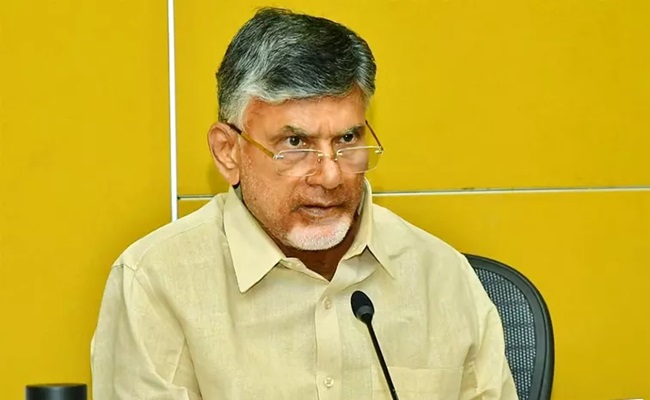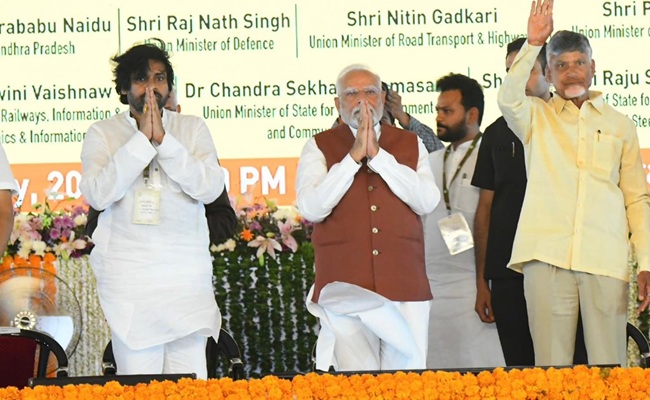In which other country in the world can Akbaruddin Owaisi make the kind of hate speech he did against the Hindus and still go home a safe man? And yet, it is always the ruling party that is on trial especially by the media.
Delivering the keynote address at the 28th Annual Day Celebrations of the P M Bhargava Foundation, held at the CSIR-IICT (Council of Scientific and Industrial Research-Indian Institute of Chemical Technology) campus, prominent journalist Siddharth Varadarajan said that the knee-jerk response to any speech that is not liked by the ruling party has made India a laughing stock.
“The timber of free speech is being affected by political biases in India. This is a highly toxic environment where people are afraid to speak even in small gatherings,” said Siddharth.
Standing up for Kanhayya and those like him, the senior journalist-cum-author said how there is nothing in law that says that an anti-India speech amounts to sedition and there is also no law that bans anti-India slogans.
“In fact around 400 student group meetings that are held across educational institutions in the country, a lot is said that is not palatable,” he said.
Patriotism is not defined by law. Just because there is no law against anti-India slogans does not mean that such kinds of activities can be encouraged. Does Siddharth understand the implications of what he is saying? Do we abuse our parents in the name of ‘freedom of expression’? We all criticize our country on many occasions.
But that is more because we are frustrated with the apathy of our fellow-citizens, bureaucracy, casteism etc. At the end of the day, we are all united in the concept of Indianness and none wish the nation any evil. Therefore, citing the law in support of demeaning the nation is a tardy excuse.
How does the world learn about India? It is through the media and people like Siddharth Varadarajan. And when our own people are prejudiced against the establishment, will it not make us a laughing stock in the eyes of others? Maybe it is not growing intolerance in the country. Maybe it is a heightened sense of nationalism.
By Kiran Sharma












